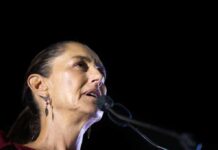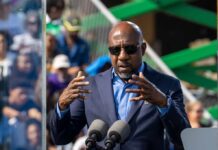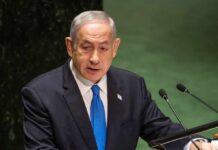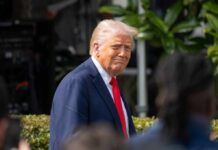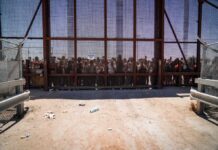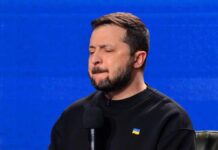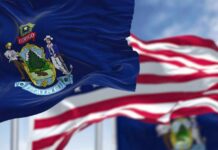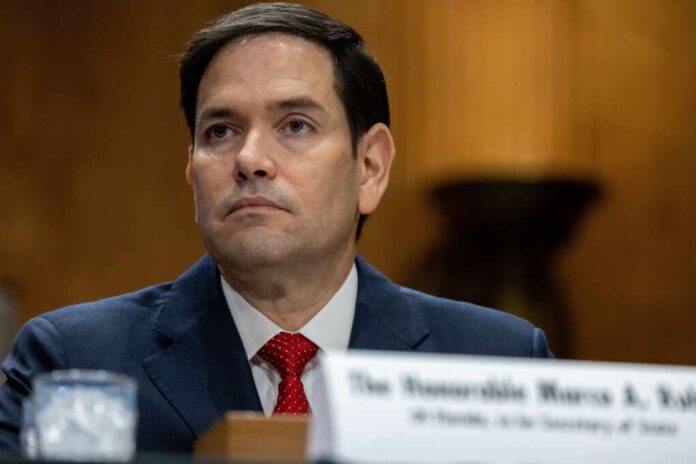
The U.S. has revoked more than 300 student visas in a sweeping crackdown on international students involved in pro-Palestinian activism, drawing sharp criticism from civil rights advocates and academic institutions.
At a Glance
- Secretary of State Marco Rubio confirmed over 300 student visas have been revoked.
- The policy targets foreign students allegedly supporting Hamas-linked activism.
- Students from Columbia, Tufts, and other schools are among those detained.
- Critics argue the actions threaten free speech and academic freedom.
- Multiple lawsuits challenge the legality and constitutionality of the policy.
Visa Revocations and Justifications
Secretary of State Marco Rubio announced during a press conference in Guyana that the United States has revoked more than 300 student visas as part of a broader policy targeting international students involved in activism perceived as supporting Hamas.
“Every country in the world has a right to decide who comes in and who doesn’t,” Rubio said. “Every time I find one of these lunatics, I take away their visa,” he added, according to CBS News.
The visa revocations follow President Donald Trump’s January executive order authorizing the deportation of noncitizens who engage in activism deemed to support Hamas or anti-Israel extremism. The Trump administration has defended the move on national security grounds, stating that visa holders connected to hostile foreign ideologies should not be allowed to remain in the country. As Reuters reports, the administration is using broad discretionary powers to enforce these removals.
Impact on International Students
The crackdown has already led to high-profile detentions and deportation proceedings:
- Mahmoud Khalil, a Columbia University graduate student and legal U.S. resident, was detained for participating in a Gaza solidarity protest. Federal officials cited a Cold War-era statute that allows the expulsion of individuals deemed a threat to U.S. foreign policy.
- Rumeysa Ozturk, a Turkish doctoral candidate at Tufts University, was arrested after co-authoring an op-ed calling for the university to divest from companies linked to Israel. She was transferred to an ICE facility in Louisiana.
- Yunseo Chung, a permanent U.S. resident since childhood and a student at Columbia, was detained after a campus sit-in. Immigration officials are attempting to revoke her residency status, prompting her to sue the administration.
Legal and Academic Pushback
Legal experts and academic associations have denounced the policy as unconstitutional and discriminatory. The American Association of University Professors and the Middle East Studies Association have filed lawsuits challenging the legality of the deportations, calling them “ideological purges.” A Wikipedia entry tracking the unfolding legal battles notes concerns over the chilling effect on academic freedom and student activism.
U.S. embassies abroad have begun warning prospective visa applicants that any ties to protest movements or political causes could jeopardize their ability to study in the U.S. These warnings have raised fears among international students about the risks of political expression, according to the Associated Press.
Watch news coverage of the visa revocations.
Broader Implications for Higher Education
The administration’s actions have reignited debates over the limits of political speech for noncitizens and the responsibilities of universities to protect their students. Critics argue the policy undermines America’s commitment to academic openness and the free exchange of ideas. University leaders have expressed concern that international students—already vulnerable to shifting immigration policies—are being targeted for expressing their views on global conflicts.
As deportations proceed and legal challenges advance, the future of international academic exchange in the U.S. faces growing uncertainty. The Biden-era expansion of student visa programs has been dramatically reversed, signaling a broader shift in how the U.S. government handles dissent among foreign-born students.




